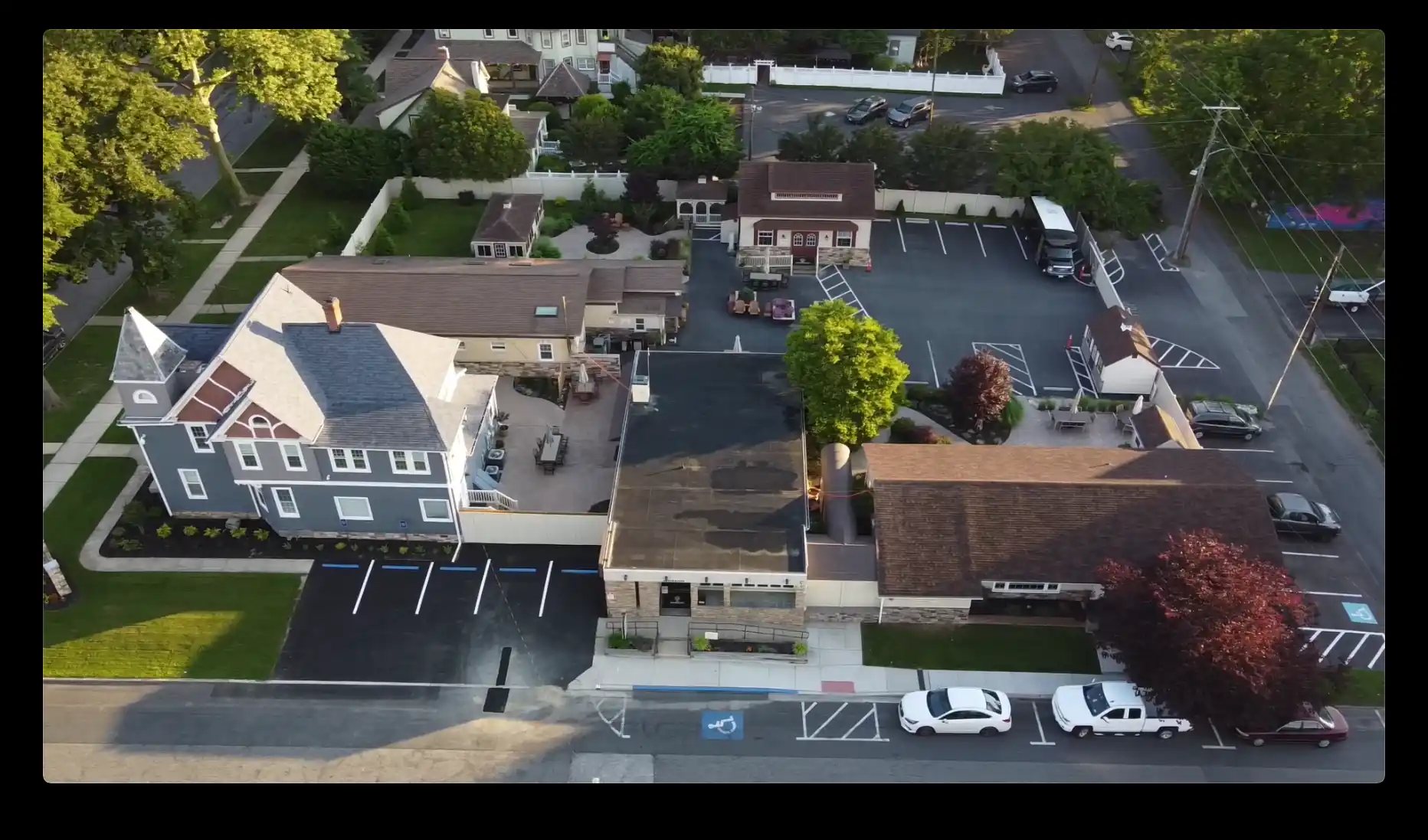Featured Exercise Addiction Recovery Centers

Legacy Healing Center The Peak
- 1-on-1 Counseling
- Acupuncture
- Insurance Accepted

Harbor of Grace
- 1-on-1 Counseling with Clinical Psychologist
- Acupuncture
- Insurance Accepted

Legacy Recovery Center
- (53)
- 1-on-1 Counseling
- 1-on-1 Counseling with Clinical Psychologist
- Insurance Accepted





